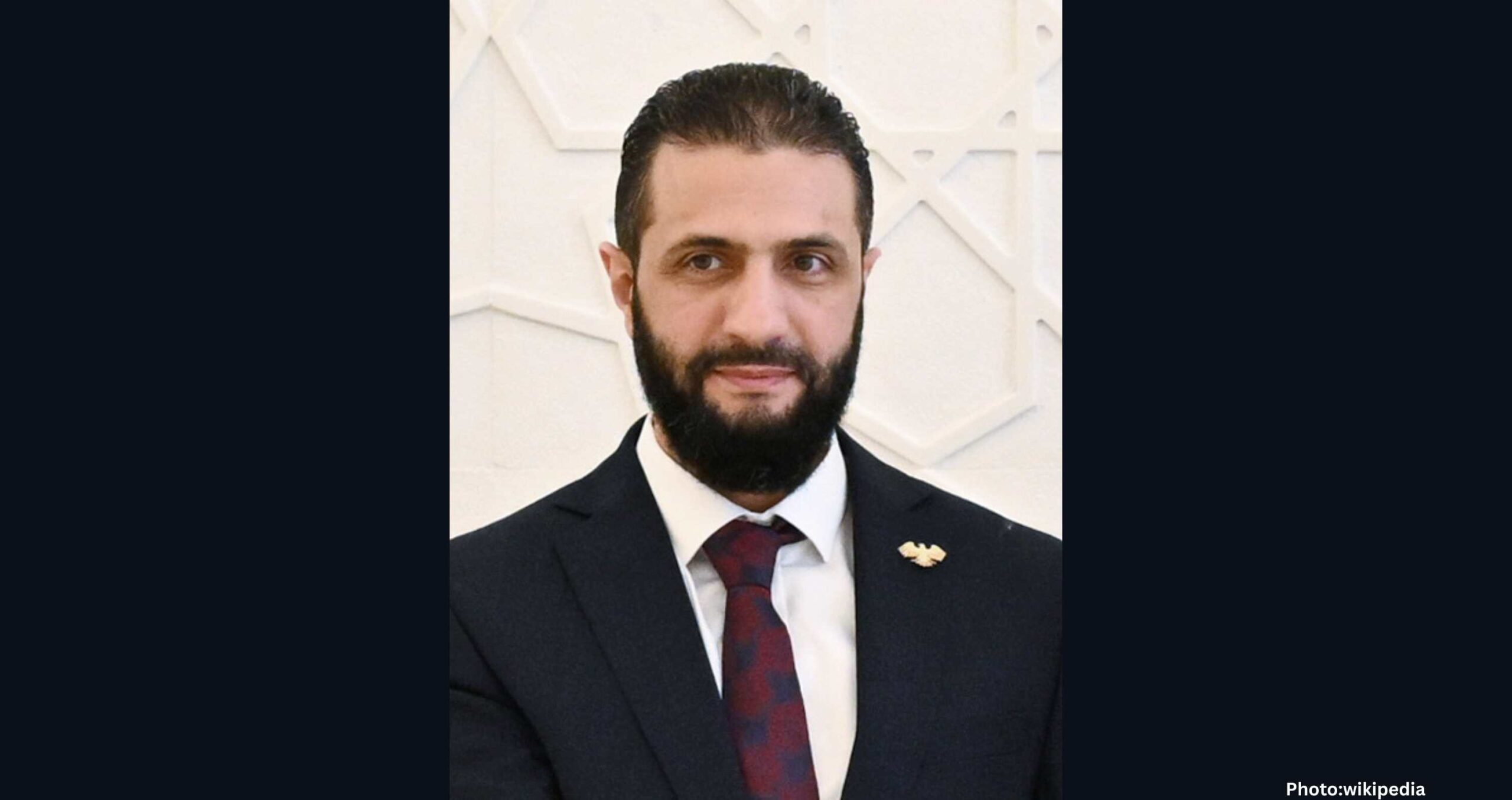Ahmed al-Sharaa, a former al Qaeda member, is poised to address the UN General Assembly, advocating for Syria’s recovery amid ongoing concerns regarding his past and the nation’s sectarian violence.
Ahmed al-Sharaa, once affiliated with al Qaeda and the Islamic State, now leads Syria’s precarious transition following the ousting of Bashar Assad. As he prepares to address the United Nations General Assembly (UNGA) on Wednesday, al-Sharaa aims to present a vision for a new direction for his war-torn country.
This marks a historic moment, as it is the first time a Syrian president has participated in high-level UN meetings since 1967. Natasha Hall, a senior associate at the Center for Strategic and International Studies, emphasized the significance of this event, stating, “On such a historic occasion, what he will try to emphasize and underline is that this is a new day for Syria.” Hall noted that al-Sharaa is expected to discuss the progress made since the Assad regime’s downfall and advocate for the lifting of U.N. sanctions to facilitate Syria’s recovery.
A high-ranking Syrian official confirmed to Fox News Digital that al-Sharaa plans to outline Syria’s vision for stability, reconstruction, and reconciliation during his address. Key issues he intends to raise include the need to lift unilateral sanctions that impede Syria’s recovery, the importance of combating terrorism, the return of displaced Syrians and refugees, and the establishment of an inclusive political process that reflects the will of the Syrian people.
Since leading the Islamist rebel group Hay’at Tahrir al-Sham (HTS) to victory over Assad, al-Sharaa has adopted a more diplomatic approach, donning a Western-style suit and engaging with European and Western diplomats to improve Syria’s international standing. His efforts have garnered attention, including an endorsement from former President Donald Trump, who referred to al-Sharaa as a “young, attractive, tough guy” during their meeting in Riyadh, Saudi Arabia, in May. Trump indicated that the U.S. would consider lifting sanctions imposed during the Assad era and discussed the possibility of normalizing relations.
Hall suggested that al-Sharaa might seek to secure a security pact between Israel and Syria on the sidelines of the UNGA, emphasizing his desire for a peaceful Syria that poses no threat to its neighbors, particularly Israel. Additionally, he aims to obtain crucial reconstruction aid to rebuild a nation devastated by 13 years of civil war. Estimates for reconstruction costs range from $250 billion to $400 billion, with approximately 16.7 million people—about 75% of the population—requiring humanitarian assistance, according to the U.N.
Since taking control of Damascus, al-Sharaa has made public commitments to form an inclusive government that represents all religious and ethnic groups in Syria, uphold women’s rights, and protect minority rights. He has also taken steps to combat ISIS and other terrorist factions operating within the country. Notably, just a month after assuming power, Syrian security forces intercepted a shipment of heavy ammunition intended for Hezbollah, a former ally of the Assad regime and a key player in Iran’s Axis of Resistance.
Despite the optimism surrounding al-Sharaa’s leadership, some experts caution that it may be premature to view him as a reliable Western ally due to his past affiliations. Robert Ford, the former U.S. Ambassador to Syria, expressed skepticism about al-Sharaa’s democratic intentions, stating, “Al-Sharaa is not a democrat. He ruled Idlib without power-sharing.” Ford highlighted the importance of assessing whether individual political and civil liberties will be respected under al-Sharaa’s leadership.
Ambassador Barbara Leaf, who met with al-Sharaa in December, noted that he appeared well-prepared and engaged during their discussion. Leaf, who served as assistant secretary of State for Near Eastern Affairs, emphasized that al-Sharaa has publicly committed to ensuring that Syria will no longer serve as a threat to its neighbors, including Israel, and that he would not permit Iranian or Hezbollah activities on Syrian soil.
While Leaf acknowledged al-Sharaa’s pragmatic approach, she also raised concerns about his true intentions as Syria’s new leader. She questioned whether he aims to establish a form of Islamist governance and whether he would resort to force to achieve that goal. The composition of al-Sharaa’s transitional government, which includes individuals closely associated with HTS and other armed groups, adds to the uncertainty surrounding his leadership.
Caroline Rose, director of The New Lines Institute, noted that al-Sharaa is navigating a delicate balance within his government, trying to appease both liberal opposition voices and more conservative factions aligned with HTS. She pointed out that Syria’s complex political landscape has led to gridlock and an inability to effectively address crises, such as the recent violence involving radical Sunni fighters in Latakia and Suweida.
As sectarian violence continues to plague Syria, the new government faces significant challenges. A recent attack in Latakia resulted in the deaths of approximately 1,400 people, primarily civilians, highlighting the ongoing instability. Additionally, the Christian community in Syria has been targeted by extremist violence, with a deadly suicide bombing at a Greek Orthodox church in June resulting in numerous casualties.
As al-Sharaa seeks to consolidate control over a divided society, he must also consider the integration of Kurdish forces operating in Northeast Syria, where the Syrian Democratic Forces have played a crucial role in the U.S.-led campaign against ISIS. Any disruptions in this integration could pose risks for a resurgence of ISIS in the region.
As al-Sharaa prepares for his address at the UNGA, the world watches closely, weighing the potential for a new chapter in Syria against the backdrop of his controversial past and the ongoing challenges facing the nation.
Source: Original article

